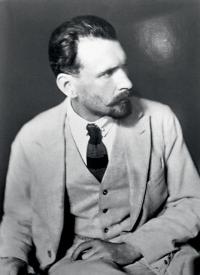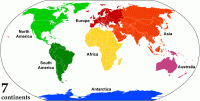Prince Nikolai Trubetzkoy and his Theory of Eurasianism
We are no less different from Europe than Iranians or Indians. Sure, we share common roots with Greco-Roman civilization, but this civilization underwent a schism that began in the 6th century when the Western Empire fell away from Byzantium and then disappeared under attack by Germanic tribes. Already back then, two identities formed: a Catholic identity in the West, and an Orthodox identity in the East. The two gradually drifted away from one another further and further until, in 1054, the Orthodox and Catholic worlds parted ways once and for all. We, Russians, adopted Christianity from Byzantium and have kept none other than this Eastern Christian tradition to this day.
After the fall of Constantinople to the Turks, we took over the Byzantine mission. This is not merely the mission of a country, Trubetzkoy asserted, but the pole of self-conscious and independent Orthodox civilization, its center.

























